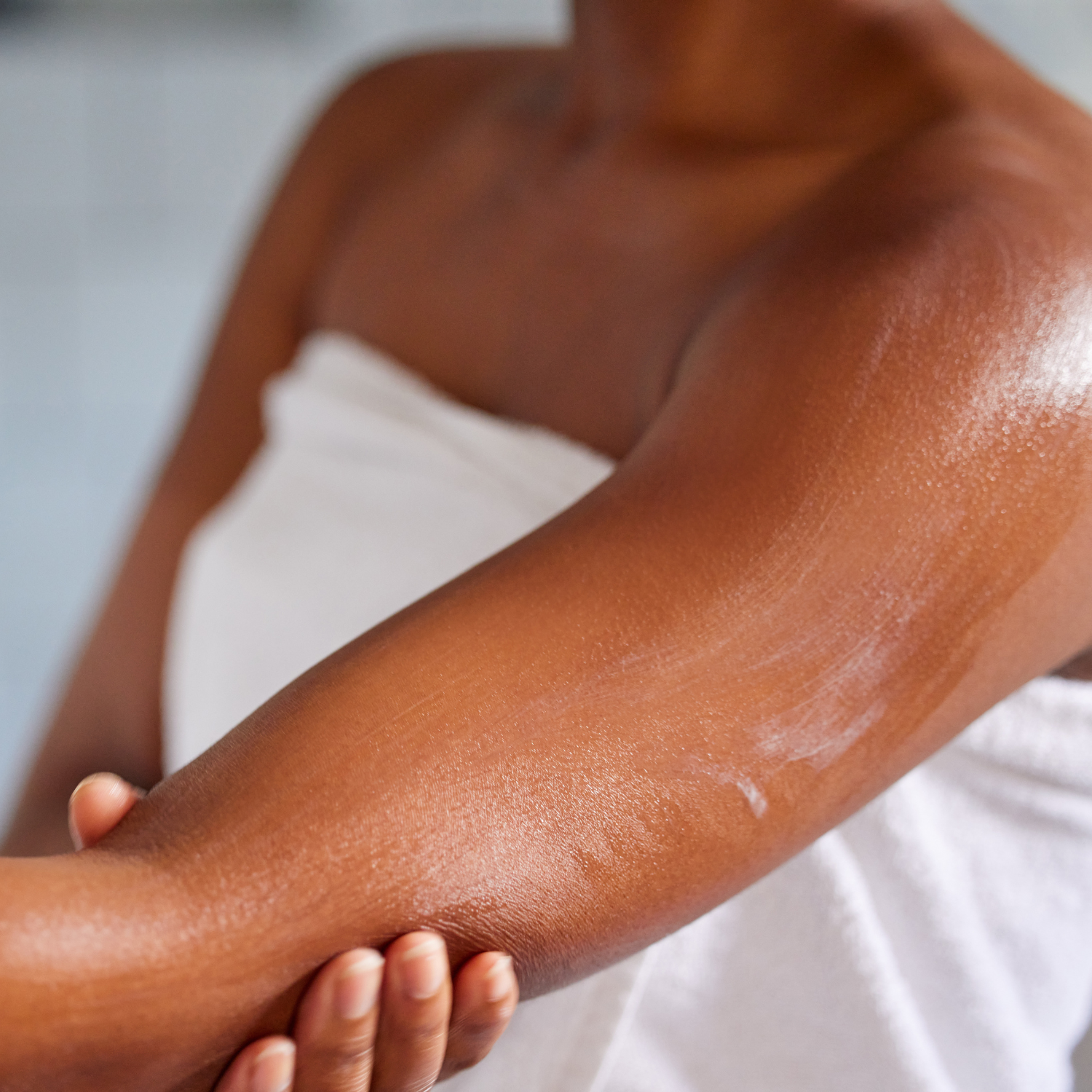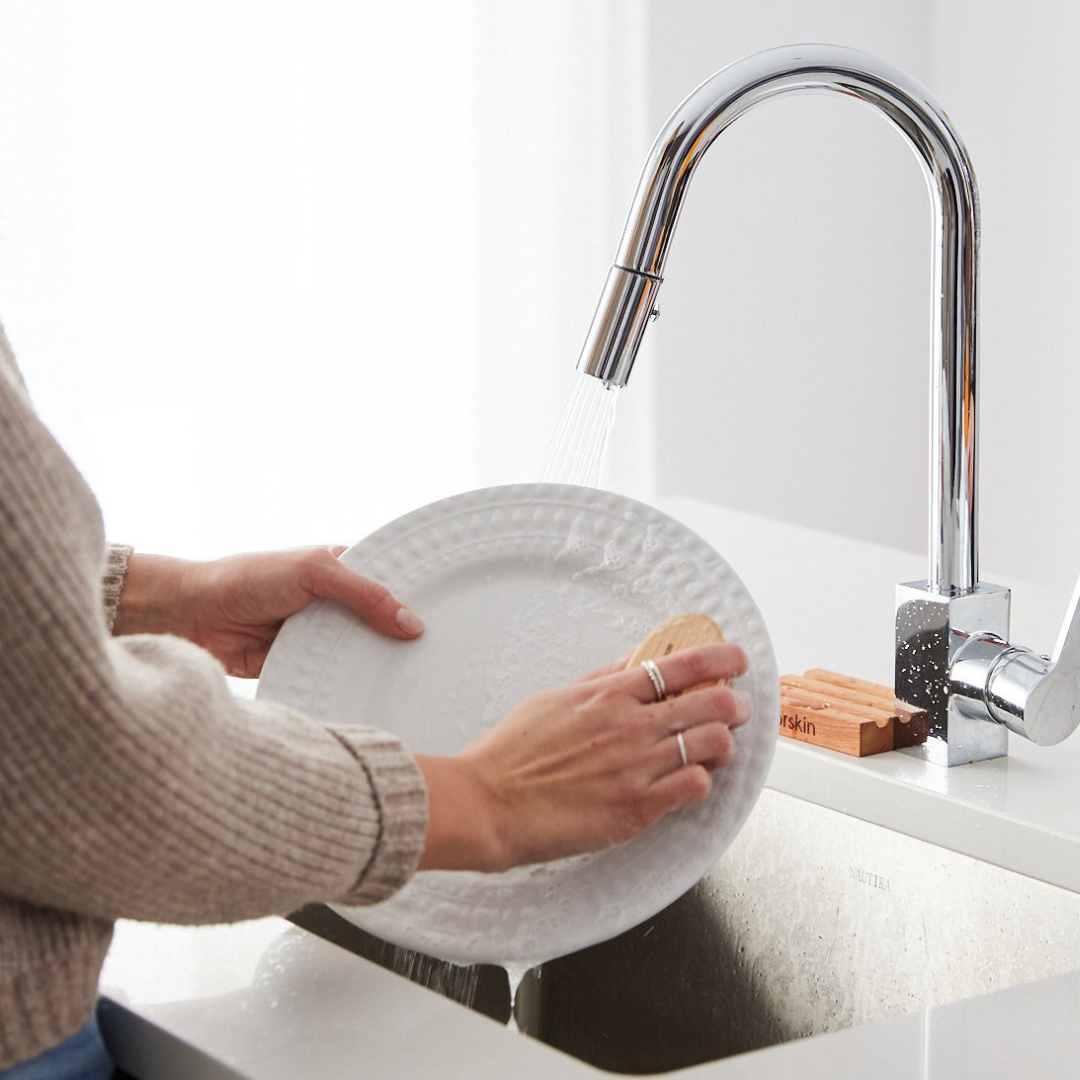Phenoxyethanol is a chemical ingredient ubiquitous in many personal care and cosmetic products. It is often used as a preservative to extend the shelf life of products by inhibiting the growth of bacteria and mold. However, despite its popularity, concerns have been raised regarding its potential effects on human health and the environment.
Effects on the Human Body
While phenoxyethanol is considered safe at low concentrations, some individuals may experience skin sensitivity to this ingredient. Reactions such as irritation, redness, and itching can occur, especially in individuals with sensitive skin. Additionally, concerns persist regarding its potential for eye and respiratory tract irritation.
One of the major concerns surrounding phenoxyethanol is its use in infants. Studies have suggested that exposure of young children to this preservative could be associated with health issues, including neurological disorders.
Effects on the Environment
In addition to its potential effects on human health, phenoxyethanol can also have significant impacts on the environment. When products containing phenoxyethanol are rinsed into water, this chemical ingredient can contaminate aquatic ecosystems. Studies have shown that phenoxyethanol can be toxic to aquatic organisms such as fish and algae, disrupting fragile marine ecosystems.
Furthermore, the manufacturing process of phenoxyethanol can generate environmental problems due to the toxicity of some of its ingredients and the by-products created during the process. These issues include the toxicity of ethylene oxide used in its synthesis, the production of chemical waste requiring proper management, high energy consumption, and its impact on water resources.
Products Containing Phenoxyethanol
Phenoxyethanol is often used as a preservative in a variety of personal care and cosmetic products, including:
- Moisturizers and body lotions
- Facial cleansers and makeup removers
- Hair care products such as shampoos and conditioners
- Makeup, including foundations, lipsticks, and eyeshadows
- Baby products such as wipes, diaper creams, soap and shampoo
Healthy Alternatives to Phenoxyethanol:
Fortunately, there are several healthy and effective ingredients that can replace phenoxyethanol in personal care and cosmetic products. Here are some of these alternatives:
1. Natural preservatives: Preservatives derived from natural sources, such as grapefruit seed extract, essential oils (such as lavender oil or tea tree oil), rosemary extract, and benzoic acid, can be used to prevent the growth of microorganisms in cosmetics without the risks associated with synthetic preservatives.
2. Vitamin E (Tocopherol): Vitamin E is a powerful antioxidant that can be added to skincare product formulations to extend their shelf life. In addition to its preservative properties, vitamin E offers moisturizing and soothing benefits for the skin.
3. Ascorbic acid (Vitamin C): Ascorbic acid is another effective antioxidant that can be used to prevent the oxidation of oils and sensitive ingredients in skincare products. In addition to its preservative properties, vitamin C is known to stimulate collagen production and brighten the skin tone.
It's important to carefully read product labels and look for the presence of phenoxyethanol if you wish to avoid this ingredient. Additionally, the Yuka mobile app allows you to scan the barcodes of your products to highlight problematic ingredients, including phenoxyethanol. We encourage you to check both the products you currently have at home and those you will purchase in the future. You might be surprised to discover the ingredients they contain!
Sources :
https://www.ewg.org/skindeep/ingredients/704811-PHENOXYETHANOL/
https://www.safecosmetics.org/chemicals/phenoxyethanol/
https://www.oolution.com/blogs/tout-savoir-ingredients-cosmetiques/phenoxyethanol-3-bonnes-raisons-de-le-fuir






2 comments
Mike
Try making a serum last 1 year with “seed extract”. You’re a bunch of hypocrites
Try making a serum last 1 year with “seed extract”. You’re a bunch of hypocrites
mitchelle monteith
good to know plexaderm products have it in their rapid reduction cream
good to know plexaderm products have it in their rapid reduction cream